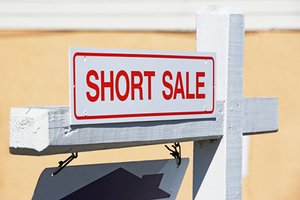“The decline is mainly because the mix of homes sold has changed in favor of distressed sales, which typically sell with a 'foreclosure discount.'
Non-distressed properties (sold by voluntary sellers) have already started to stabilize,” said Ajay Rajadhyaksha, the co-head of US fixed income strategy at Barclays Capital said in a research note on Friday.
“As voluntary sales pick up in the summer, the mix of homes should change again in the next few months, in favor of non-distressed sales. As a result, the aggregate index of home prices should stop declining and could even go up,” he added.
As a result Rajadhyaksha dismisses fears that recent drops in prices indicate a double dip for the housing market and predicts national valuations have reached a point where downside risks are limited.
“For investors who look to the home price indices for clues to the macro-economy, we recommend focusing on the index of voluntary sales, since non-distressed borrowers will increasingly determine the true health of the housing market,” he wrote.
“This index has held up reasonably well and suggests that prices are stabilizing. In sum, there are many reasons to worry about the US macroeconomic picture (the recent softening in the labor market, the US fiscal picture, etc.) but the recent drop in US home prices should not be one of them,” said Rajadhyaksha.
Steve Bullard is a Colorado Native and a local Realtor for over 18 years. Call Steve at (970) 690-3654
 and open to the public. Come enjoy live music starting at 6:00pm. Click here for more info
and open to the public. Come enjoy live music starting at 6:00pm. Click here for more info  and open to the public. Come enjoy live music starting at 6:00pm. Click here for more info
and open to the public. Come enjoy live music starting at 6:00pm. Click here for more info 

